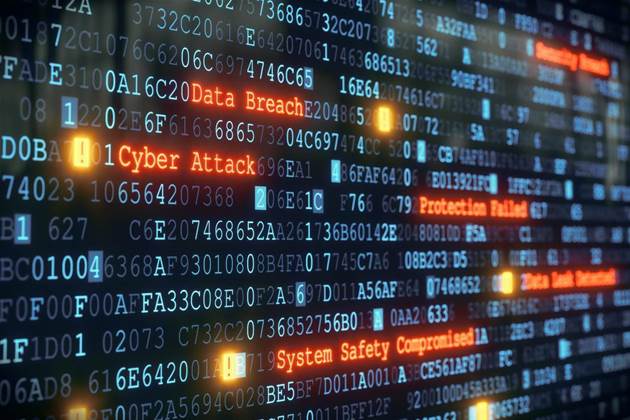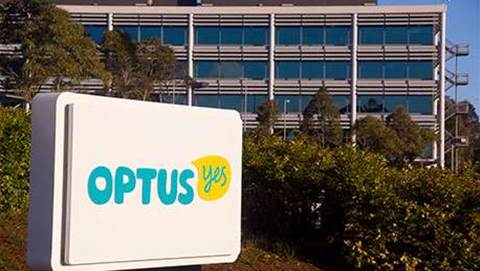The Australia Federal Police is feeling the heat from the ongoing shortage of cyber security skills across the country, with some of its best investigators being lost to banks, telcos and other sectors.

But commissioner Andrew Colvin is convinced of the need for technical skills as cybercrime increasingly becomes the most pressing issue for the federal police.
“We see cybercrime and our technical skills to be the future of the organisation,” he told a senate committee hearing on Friday.
Colvin said finding and keeping the technical skills required to keep in step with techniques employed by cyber criminals was a “constant challenge” for the organisation.
Like other government agencies, it is fighting uphill battle against the private sector for cyber talent , without the ability to offer hefty remuneration.
This is despite the additional injection of funds in the 2016 national cyber security strategy to boost the number of cyber security specialists for threat detection, technical analysis and forensic assessments.
“[Recruiting] is a constant challenge for us in this space,” Colvin said.
“The technical skills required for a cybercrime investigator firstly are: there’s not a lot of them, the skill is perishable and it’s highly sought after.
“So no sooner do you have someone on the hook that they might end up going to another industry or private industry. It’s a constant challenge for us to keep our cybercrime skills up.”
Colvin’s comments echo those of Australian Signals Directorate director general Mike Burges, who last year signalled that changes to recruitment were needed to address private sector competition.
AFP deputy commissioner of operations Neil Gaughan said some of the issues faced by the force were mitigated by the government’s decision in 2016 to centralise cyber security expertise in the Australian Cyber Security Centre.
He said this had allowed the AFP to maintain perishable skills by having investigators embedded with cyber security specialists from elsewhere across government, including ASIO, ASD, the Australian Criminal Intelligence Commission, and the Attorney-General's Department.
“The establishment of the ACSC is a significant change to where we were in 2016-17 to the extent that we have investigators embedded with that group working with ASD and others not just here in Canberra but throughout Australia,” he said.
“So the people have been recruited with perishable skills, but we’ve embedded them with the whole of government architecture to ensure we try to stay up to date with these things.”
However Gaughan, who travelled to Washington DC with former cyber minister Angus Taylor and ACSC head Alastair MacGiboon last year to strengthen the alliance between Australian and the US on cyber security, also lamented the situation the ARF was currently facing.
“It is a challenge for us to retain people,” he said.
“We’re not only in competition with our Commonwealth partners, but certainly private industry are very keen getting their hands on some of our investigators and over time we’ve lost some really good people to some of the biggest companies you can think of.”
The Australian Cyber Security Growth Network has previously estimated some 11,000 workers will be needed by 2026 to meet demand.


_(20).jpg&h=140&w=231&c=1&s=0)


.png&h=140&w=231&c=1&s=0)





 iTnews Executive Retreat - Security Leaders Edition
iTnews Executive Retreat - Security Leaders Edition
 iTnews Benchmark Awards 2026
iTnews Benchmark Awards 2026
 iTnews Cloud Covered Breakfast Summit
iTnews Cloud Covered Breakfast Summit












_(1).jpg&h=140&w=231&c=1&s=0)



